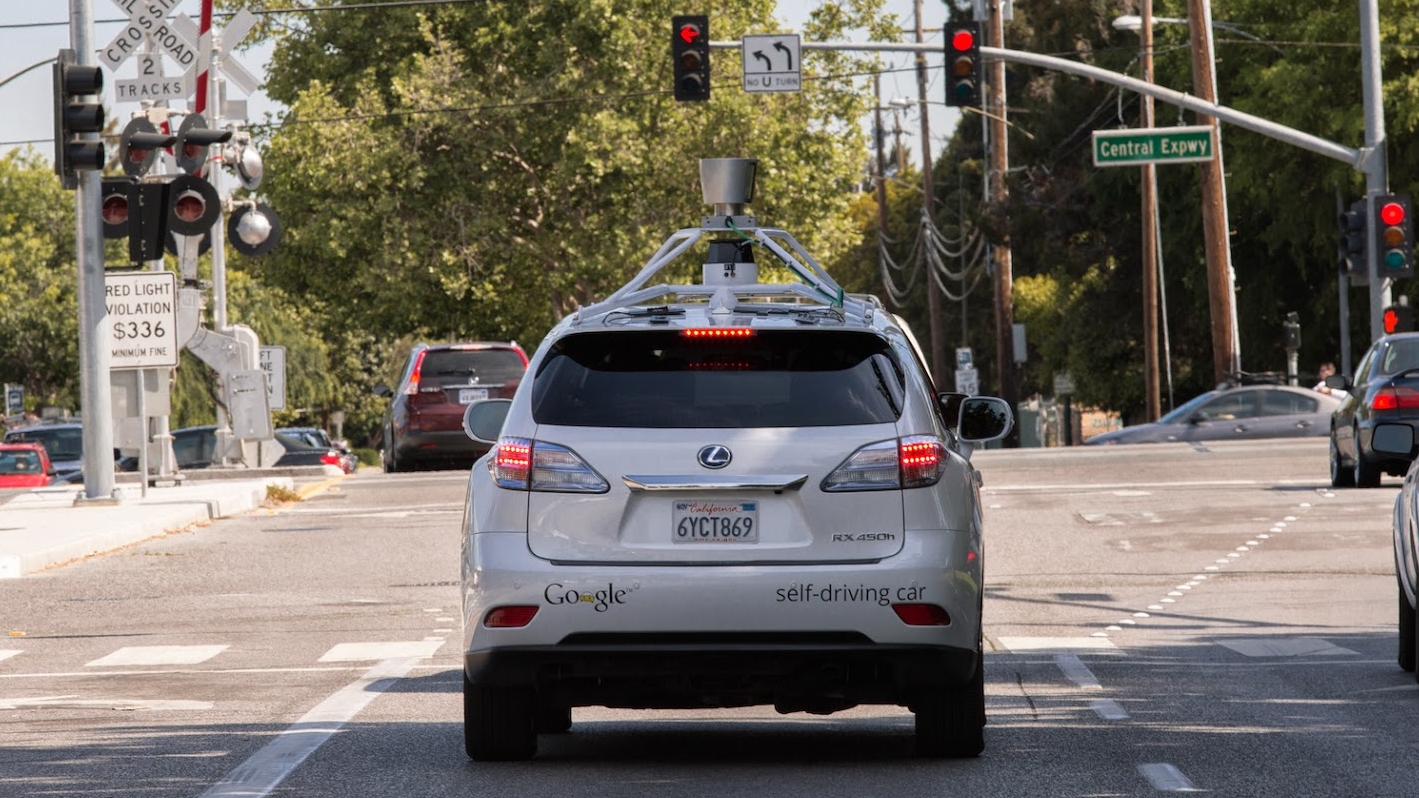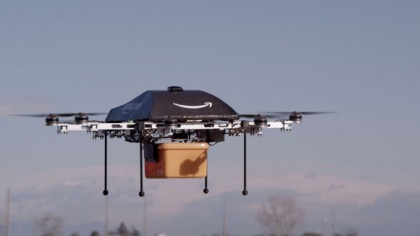8 things the connected car can offer enterprises
Drones, pizza, and geofencing

A connected car is the ultimate mobile device - it lets consumers stream music, park more easily, and keep track of gas consumption with a simple app. But connected cars aren’t just for consumers - they offer a wealth of opportunities for enterprises that rely on cars as an integral part of their business. From Uber, Zipcar, and Hertz to Fresh Direct and IKEA’s furniture delivery service, the possibilities for enterprise innovation are endless.
So, while companies are already utilizing many of the new developments to help their businesses, we took a look at what’s already happening in the connected car space and we imagined what could come next.
1. Custom-built (and DIY) vehicles
Connected cars could soon come not from a dealer showroom but from companies like Tesla that have changed the automotive game entirely. By putting the company’s patents online, Tesla CEO Elon Musk wants to speed innovation while reducing reliance on fossil fuels.
With this rise of the environmentally friendly, open platform car that anyone can build in an hour, we predict businesses will soon be able to order (or build themselves) specialized cars tailored to enterprise needs, from any number of companies at a competitive rate. Dominos Pizza, for example, just sponsored a contest with Local Motors to create the “perfect pizza delivery vehicle.” The winning design came equipped with an insulated pizza box as well as refrigerated drink storage.
2. And a drone to match
For companies in the military, medical, or security spaces, connected cars could soon come with their own drone to keep an eye on things. For excursions into high-risk or unmapped territories, a drone can safely broadcast aerial information back to the driver and provide an up-to-date overview on current traffic, pedestrians, and terrain, that a simple GPS can’t always provide.

First responders, for example, could have critical data relayed to them en route to an accident, which could then be transmitted across multiple channels to ensure the quickest and most efficient response. In fact, this concept is already being tested by the US military - DARPA has been experimenting with drones and driverless cars on the battlefield in order to reduce the number of military personnel needed on the field.
3. More (and more) shareable data
Real time tracking of data received across a fleet of vehicles enables companies to improve safety, reduce costs, and control their inventory. If a vehicle’s anti-lock brakes engage, if the windshield wipers are turned on, if it makes an unscheduled stop, if the windows are down while the air conditioning is on, if a particular route consumes more gas than another - all of this data enables a company to analyze real-time driver and vehicle performance, better deploy resources as needed, and schedule appropriate tune-ups and training sessions.
Are you a pro? Subscribe to our newsletter
Sign up to the TechRadar Pro newsletter to get all the top news, opinion, features and guidance your business needs to succeed!
This is pretty standard stuff, but it’s important as it enables a business to be as efficient and as cost effective as possible - and as cars become more tech-oriented businesses will constantly find new ways to engage with the data.
4. Connected…bikes
A smart bike made its unlikely debut at the 2014 North American International Auto Show in Detroit. This smart electronic bike is made by Mercedes-Benz and is expected to retail at just less than $3,000. For urban enterprises in warmer climates these smart bikes could be a game changer. As a delivery system it’s quick and efficient, and with bonus “infotainment” options, it will keep employees happy as well. And it’s not just the big car companies getting in on the e-bike craze - these connected bikes have been popping up all over Kickstarter with various success - meaning businesses won’t necessarily have to shell out big bucks in order to upgrade their fleet.